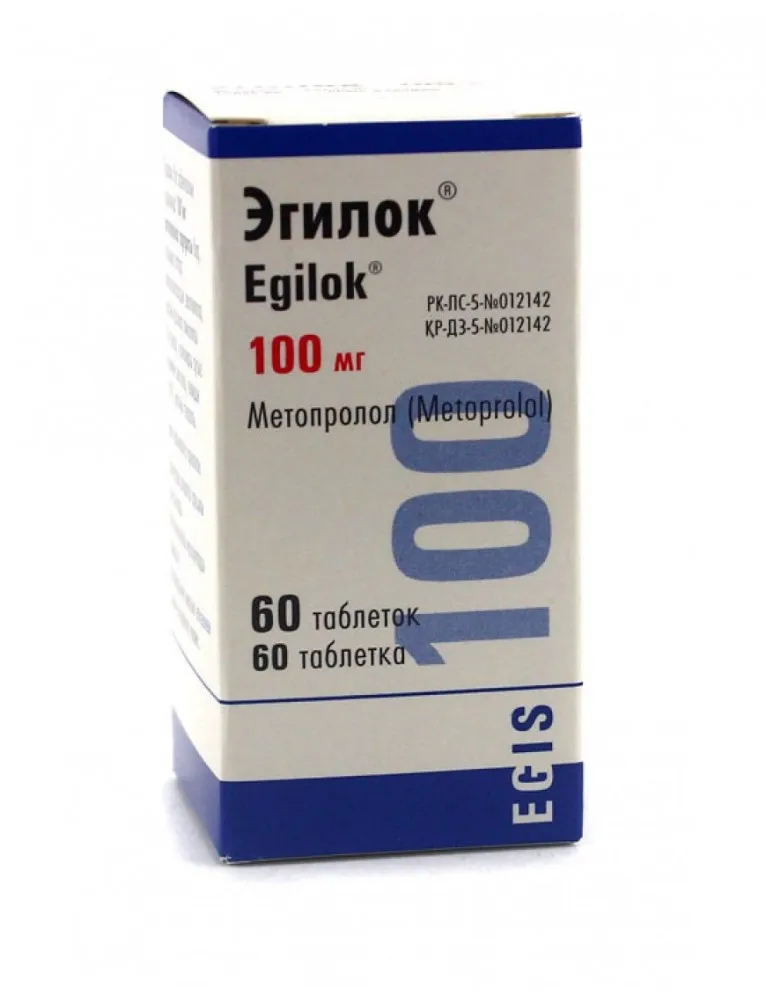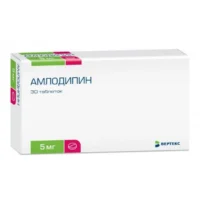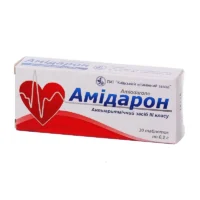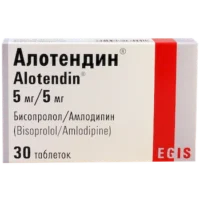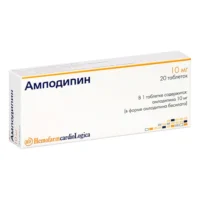Description
Egylok (Metoprolol) Tablets 100 mg. №60 Vial
Composition
Active Ingredient: Metoprolol
Other ingredients: Microcrystalline cellulose, lactose monohydrate, colloidal anhydrous silica, magnesium stearate.
Mechanism of Action
Metoprolol, a selective beta-blocker, blocks the action of natural chemicals like epinephrine in the body, leading to a reduction in heart rate, blood pressure, and cardiac strain.
Pharmacological Properties
Metoprolol exerts its effects by selectively blocking beta-adrenergic receptors in the heart and blood vessels, resulting in decreased sympathetic stimulation and reduced cardiac workload.
Indications for Use
Egylok (Metoprolol) is indicated for the management of hypertension, angina pectoris, and heart failure.
Contraindications
Avoid Egylok (Metoprolol) if there is a known hypersensitivity to metoprolol or any other component of the product. It is contraindicated in patients with certain heart conditions.
Side Effects
Common side effects of Egylok (Metoprolol) may include dizziness, fatigue, and nausea.
Usage Instructions
Dosage: The typical dose is 100 mg once daily. Dosage adjustments may be necessary based on individual patient requirements.
Directions: Administer Egylok (Metoprolol) tablets orally with or immediately after a meal. Swallow the tablet whole with a glass of water.
Benefits Compared to Analogues
Egylok (Metoprolol) offers superior efficacy and safety profiles compared to other beta-blockers, making it a preferred choice for the management of hypertension and angina.
Suitable Patient Groups
Egylok (Metoprolol) is suitable for adult patients, including the elderly population, for the treatment of cardiovascular conditions.
Storage and Shelf Life
- Storage: Keep at room temperature away from light and moisture.
- Shelf Life: Check the expiration date on the packaging and do not use after the specified date.
Packaging Description
Egylok (Metoprolol) tablets are available in a vial containing 60 tablets of 100 mg strength each.
Clinical Evidence and Proven Effectiveness
Studies have shown that Metoprolol, the active ingredient in Egylok, effectively reduces the risk of cardiovascular events in patients with hypertension. Clinical trials, including research published in the Journal of the American College of Cardiology, have demonstrated the efficacy of Metoprolol in managing hypertension and angina.

